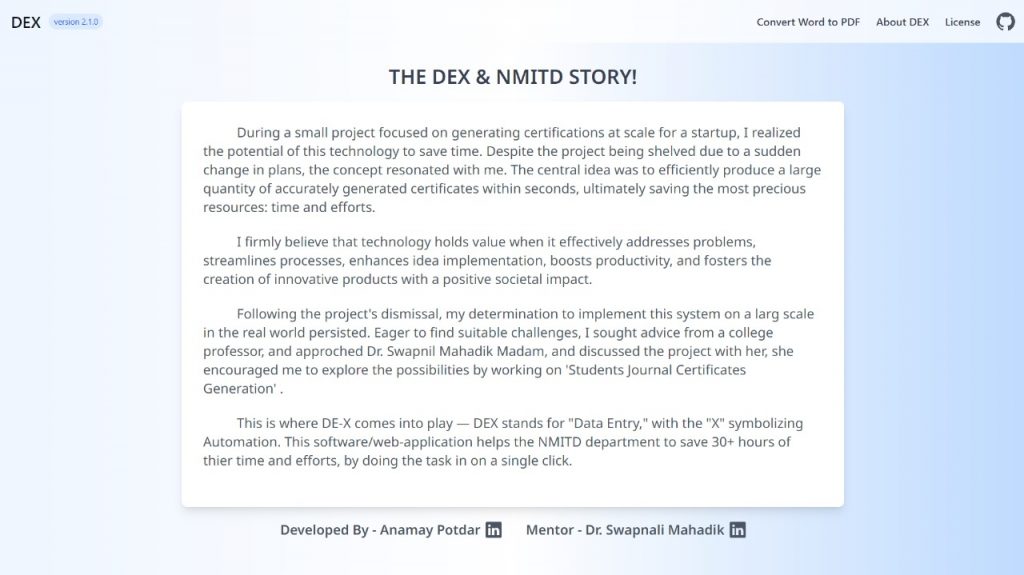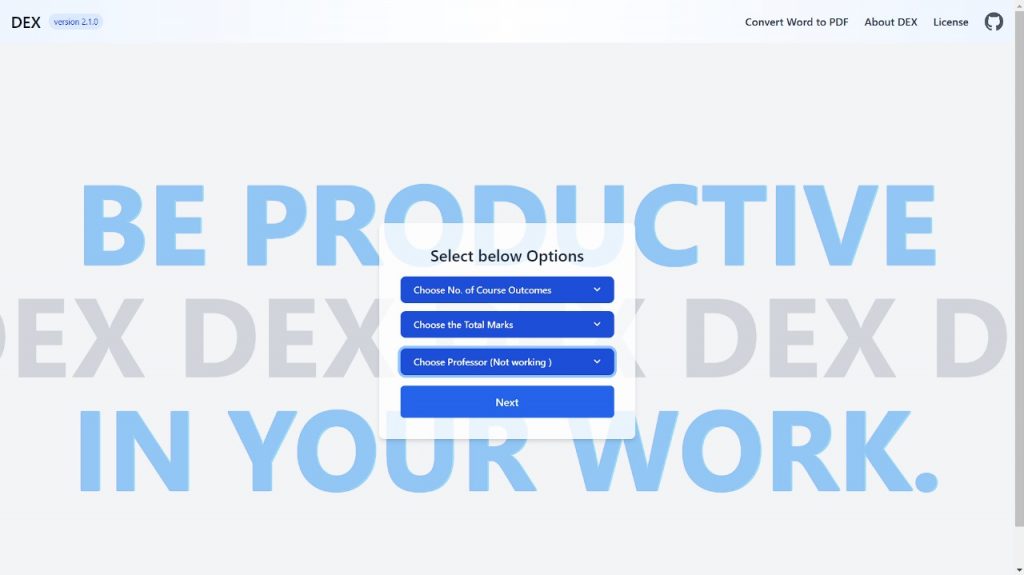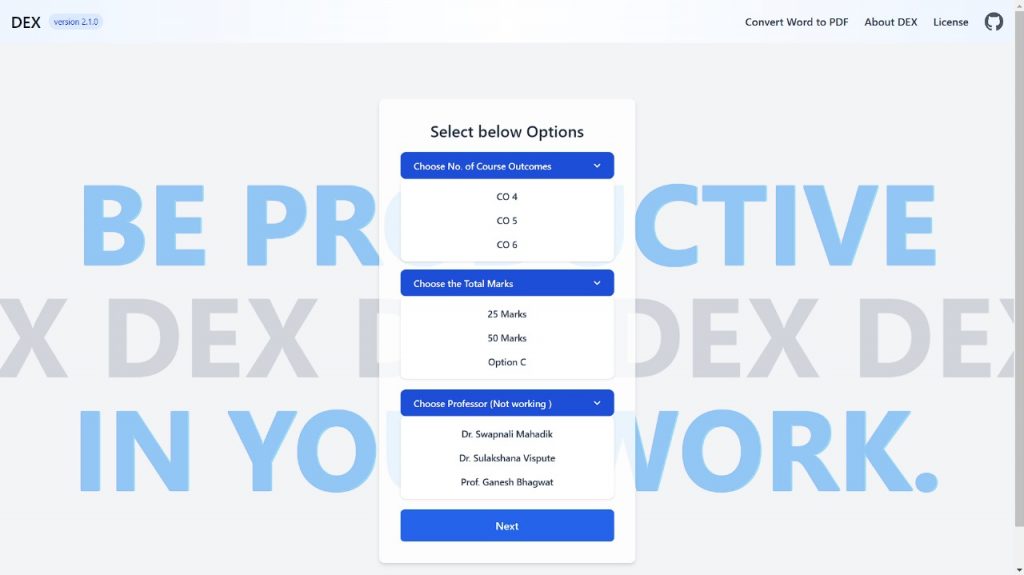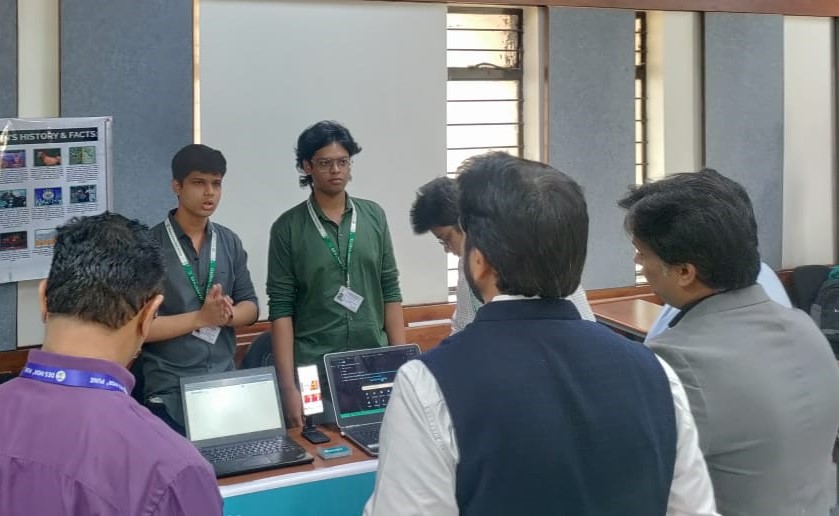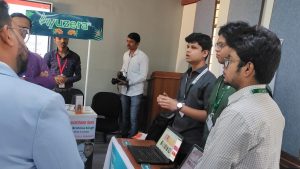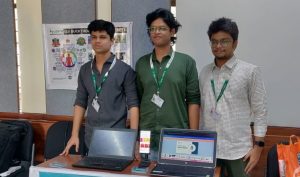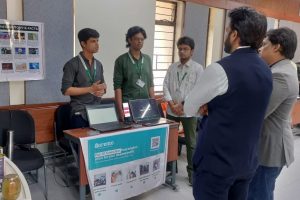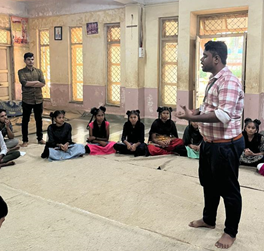Institutional Distinctiveness: Fostering Entrepreneurship Through Startup Bazaar and Udyojak - e-Cell Initiatives
DES’s NMITD takes pride in its distinctiveness by nurturing entrepreneurial talent and empowering students to become job creators rather than job seekers. Through our dynamic Udyojak E-Cell, we provide a platform that fosters innovation, creativity, and business acumen among students. This initiative includes workshops, mentorship programs, and exposure to real-world entrepreneurial challenges, enabling students to transform ideas into successful startups.
DES’s NMITD plays proactive role in equipping students with the skills, mindset, and resources needed to lead the future of enterprise and innovation, aligning with the vision of Atmanirbhar Bharat. As visible from vision and mission statements, the institute has been focusing on the entrepreneurial development of students while aiming at excellence in education and meeting the quality standards set by accrediting and regulatory bodies.
As a part of the Inter collegiate Festival, Roobaroo, Prayas - The Startup Bazaar was organized. The Startup Bazaar serves as a vibrant platform where student entrepreneurs showcase their innovative products and services, connecting them with potential investors, mentors, and customers. This initiative not only promotes budding startups but also provides students with practical exposure to market dynamics and customer engagement.
Participation of the budding entrepreneurs in the various E cell event PITCH PERFECT 2024 of IMDR, Pune was also encouraged. The faculty members of E-Cell trained the budding entrepreneurs to participate in the intercollegiate event PITCH PERFECT 2024 of IMDR Pune. Students got the opportunity to pitch their innovative ideas along with business plan in front of various corporate delegates and established entrepreneurs.
A MoU with Maharashtra State Skills University (MSSU), now called Ratan Tata Maharashtra State Skills University was signed. Complementing this was the Capacity Building Development Plan, a series of workshops and training programs co-designed with Maharashtra State Skills University (MSSU), now called Ratan Tata Maharashtra State Skills University, to enhance entrepreneurial competencies. These sessions focus on critical areas such as business planning, financial literacy, digital marketing, and leadership skills. Students gain insights from industry experts and successful entrepreneurs, equipping them with the knowledge and confidence to navigate the entrepreneurial journey. The faculty members who mentored the students were given training and then the students were also part of this workshops.
The various workshops conducted emphasized the benefits colleges can gain from their incubation centers, covering aspects from idea generation to business generation (Idea Generation---POC---Prototype Development---Product Development---Technology Development---Commerce). Academicians were encouraged to engage from the idea phase to product development.
This collaboration with Maharashtra State Skills University embodies our vision of producing future-ready leaders and aligns with the government’s mission of promoting skill development and self-reliance. Together, the Startup Bazaar and Capacity Building Development Plan inspire students to innovate, take calculated risks, and contribute meaningfully to the economic growth of the nation.

